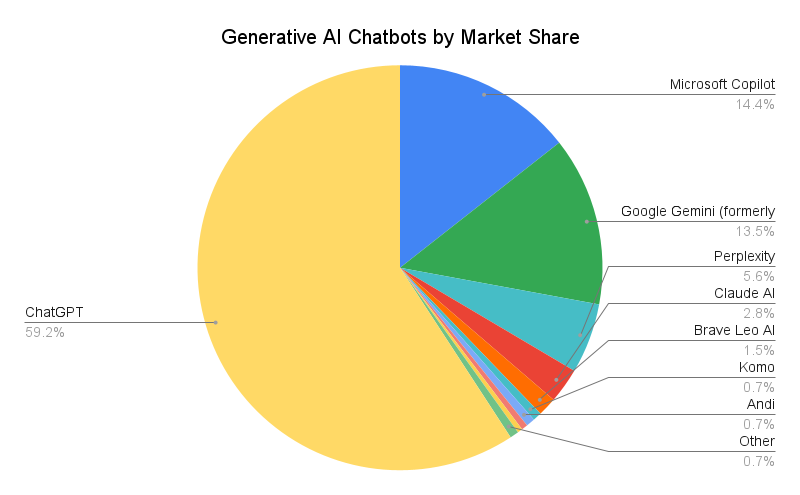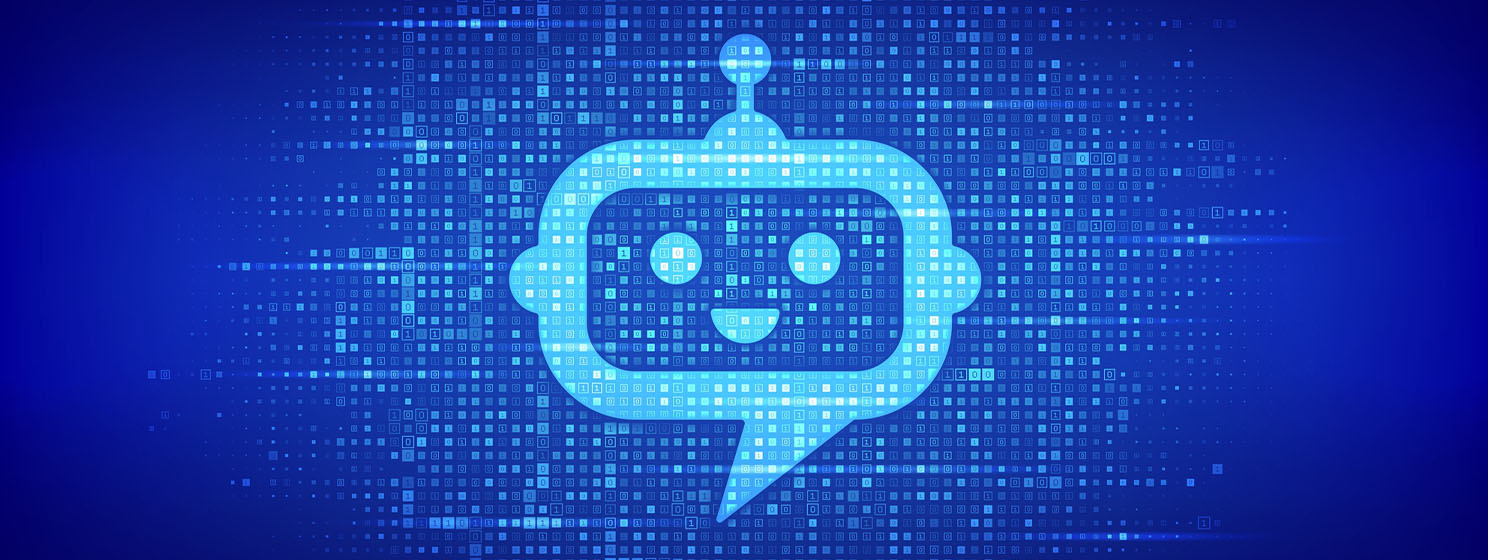|
Getting your Trinity Audio player ready...
|
AI chatbots have dominated the artificial intelligence (AI) industry for the past two years. Behind these chatbots are the models that powered them, which have been locked in a race to provide “the best AI model.” Initially, this playing field was crowded, with various players competing for market dominance. But unsurprisingly, tech giants quickly rose above the competition, capturing the majority of market share.

Their success was largely due to deep pockets and the immense costs of competing in the AI model and chatbot landscape. But AI is entering a new era—an era Google (NASDAQ: GOOGL) CEO Sundar Pichai describes as the agentic era. In my opinion, this new era will be the defining AI trend of 2025.
What are AI agents, and how do they differ from AI chatbots?
AI agents can be thought of as the evolution of traditional chatbots. While chatbots require constant user interaction, AI agents can complete multi-step tasks autonomously. Once given an initial set of instructions, agents require minimal—ideally zero—user input to execute entire workflows from start to finish.
If chatbots introduced AI to the public, AI agents deliver on the vision that consumers were promised when AI first made headlines. Concepts like “a personal assistant in your pocket or on your screen that is available 24/7” or systems that can “read, write, and send emails on your behalf” are now within reach.
At its core, an AI agent gives you the ability to get work done as if there were two of you. It’s like having a specialist on hand to complete tasks in areas where you lack expertise, time, or the right resources.
Early examples of AI agents in action
AI agents have already begun to emerge, although so far, they have been limited to previews and closed beta testing. Companies like Anthropic, Google, and Microsoft (NASDAQ: MSFT) have provided glimpses into what these systems can achieve. Early demonstrations showcase agents performing tasks such as creating a detailed travel itinerary and syncing it with a user’s calendar, searching for specific data online and organizing it into a spreadsheet, as well as adding selected products to an online shopping cart.
These examples are early indicators of the autonomy and efficiency that AI agents bring to the table. While chatbots excel at responding to prompts, agents are proactive. They can reason, plan, and take action across systems without constant supervision.
Why AI agents will dominate 2025
AI agents transform AI from a reactive tool to an autonomous actor able to independently execute complex tasks. This should result in a significant leap in productivity and efficiency, which has the potential to bring a number of benefits, such as increased revenue, decreased expenses, bridged skill gaps, and more innovation. These benefits are derived from what can be defined as AI’s ‘killer app’: efficiency, autonomy, and the creation of opportunities that were not easily available to the user before.
Autonomy and Efficiency: AI agents significantly reduce the effort required to achieve a task. Unlike manually aggregating data from multiple sources, an AI agent retrieves the necessary information from its vast database of both public and private data, synthesizes it, and delivers results quickly. For businesses and individuals, this means reduced operational costs and accelerated decision-making.
New Opportunities for Non-Experts: These gains in efficiency, combined with AI’s knowledge base and autonomy, give non-experts the ability to achieve specialist-level results in nearly any task. A non-technical user can build software, while a creator without design expertise can generate professional-grade graphics, videos, or marketing content. AI agents empower individuals to operate at a higher level than previously possible, which drives innovation and levels the playing field.
It’s this combination of efficiency, autonomy, and opportunity creation that makes users gravitate toward AI, and while chatbots introduced these benefits to the world, agents will be a more comprehensive display of them.
Moving beyond AI chatbots
While chatbots introduced users to AI’s potential, they were largely reactive tools—they provided answers or generated content only when explicitly prompted and often fell short when tasks required multiple steps.
Unlike chatbots, AI agents are proactive and are capable of reasoning, planning, and autonomously executing complex tasks without constant user input. They can analyze context, take action across systems, and handle entire workflows. For example, where a chatbot might generate a marketing email, an AI agent can write the email, schedule its delivery, A/B test subject lines, and analyze campaign performance—all seamlessly and without human intervention.
Currently, most AI agents are in private beta or closed testing,’ but as soon as the first agent reaches public release, the floodgates will open. The tech industry thrives on competition—when one company succeeds, its rivals compete.
As AI agents gain traction, I expect to see rapid adoption across industries. Shortly afterward, their use cases will expand far beyond what developers originally envisioned. Just as consumers found innovative applications for chatbots, they will find unthought-of ways to leverage AI agents. The agentic era is quickly approaching, and 2025 will be the year it takes off.
In order for artificial intelligence (AI) to work right within the law and thrive in the face of growing challenges, it needs to integrate an enterprise blockchain system that ensures data input quality and ownership—allowing it to keep data safe while also guaranteeing the immutability of data. Check out CoinGeek’s coverage on this emerging tech to learn more why Enterprise blockchain will be the backbone of AI.
Watch: Transformative AI applications are coming

 03-04-2026
03-04-2026 




